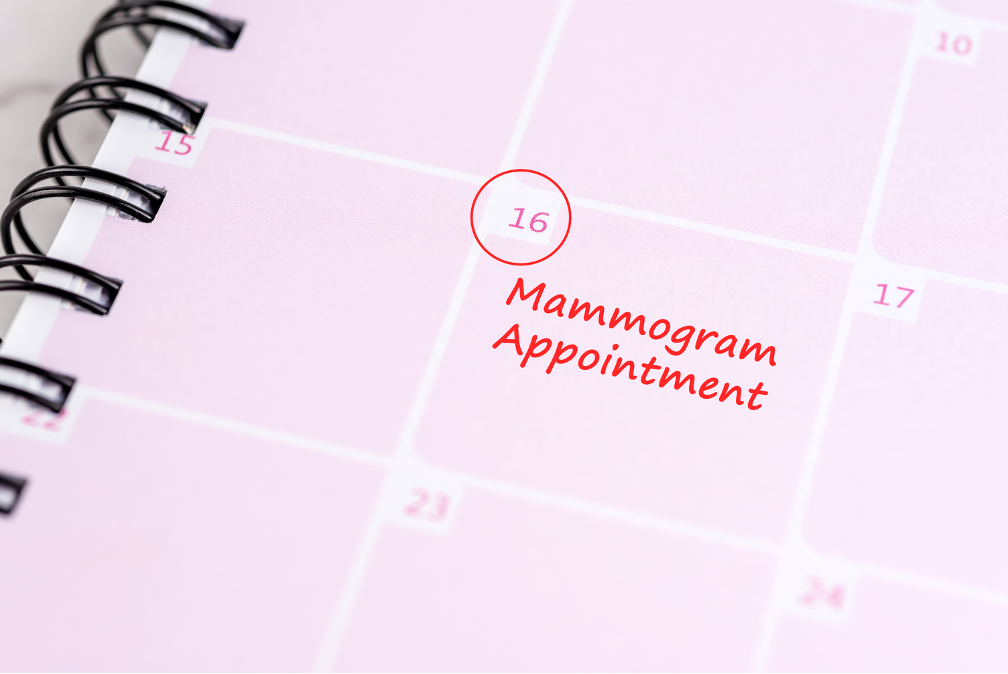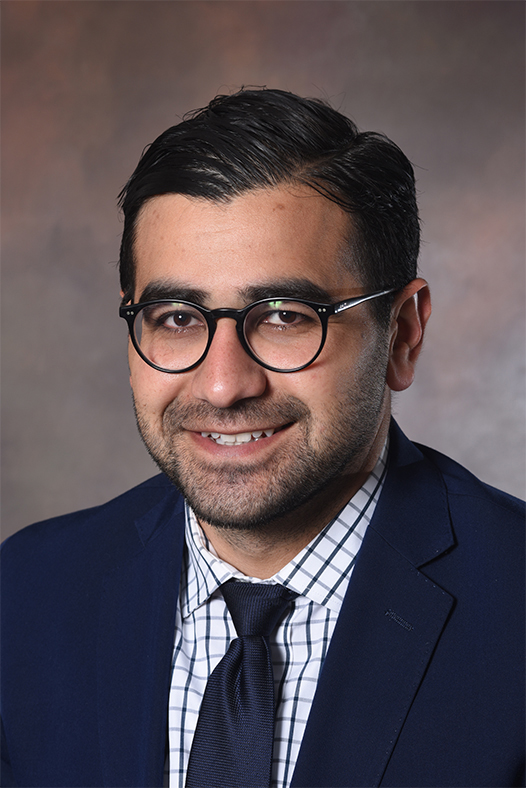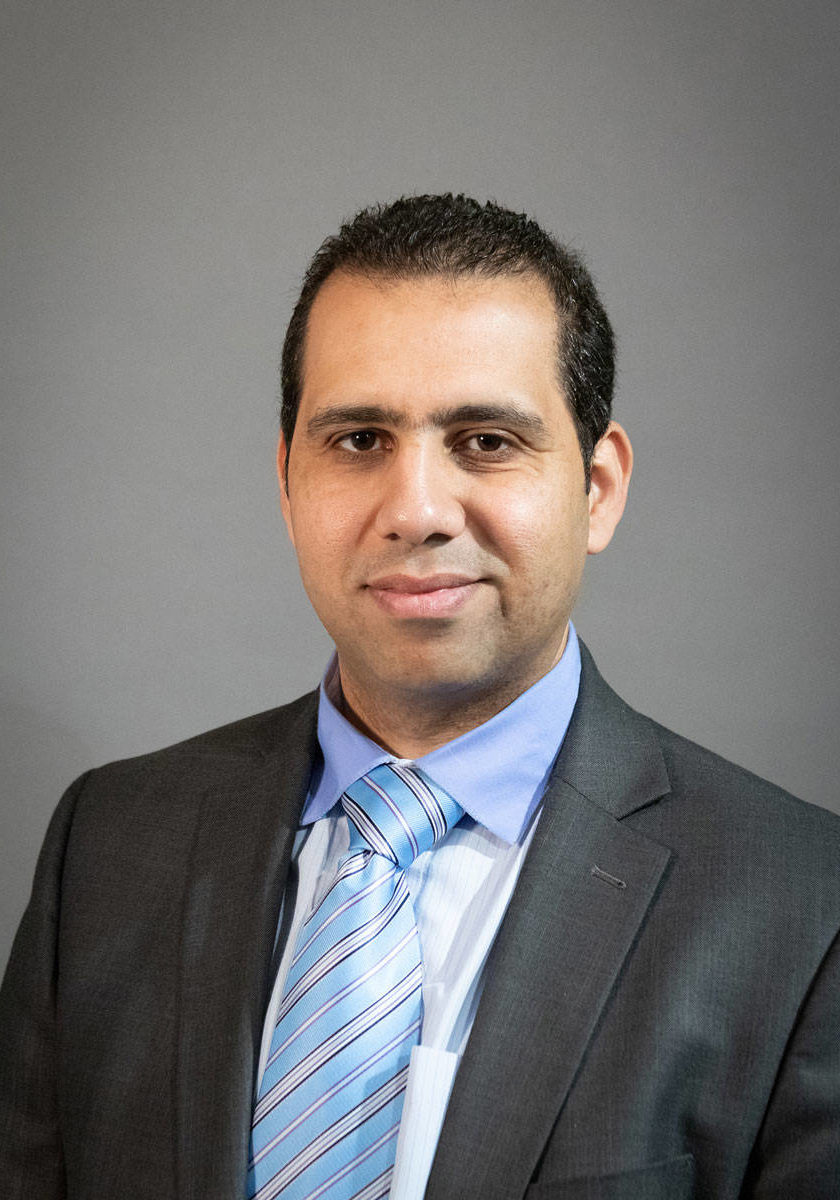Mammograms are the primary tool OB/GYN specialists use to detect breast cancer in its earliest stages — but what exactly happens during a mammogram? As many as 1 in 8 women will develop breast cancer at some point in their lives, and mammogram tests are essential to early detection. To help you better understand how mammogram tests work and why they are so important, this OB/GYN specialist in Highland, Indiana, will discuss some of the key things you should know:
What is a Mammogram Test?
A mammogram test – which is essentially an X-ray of the breast – is usually performed by a radiologist in an outpatient radiology clinic or hospital. The procedure uses low-dose X-rays to generate 2-D images of the breast tissues and can be used to screen for tumors, monitor suspicious lumps or masses, or aid in the diagnosis of malignancies that have already been found.
For decades, mammogram tests have been the primary screening tool that OB/GYN specialists in Highland, Indiana, have used to catch breast cancer in its early stages – when it may be treated more easily and successfully. The mammogram test itself is simple, and it typically does not cause significant discomfort.
How is a Mammogram Done?
During a mammogram, you remove your shirt and bra, put on a wrap or cover-up, and stand before an X-ray machine. A technician will place each of your breasts on a plastic platform and then lower a plastic plate that presses down on them. Pressing down on the breasts makes it easier to examine the tissue for tumors or signs of breast cancer. The process may make your breasts sore and uncomfortable, but that part of the mammogram is only a few seconds long.
After the test, the technician will look at your X-rays to ensure they are clear and in focus and do not need to be retaken. Technicians do not examine the X-rays – that is for a radiologist. The radiologist will review all the scans and give an opinion on whether any abnormalities need further examination or if they are benign (not cancerous). The radiologist write up their findings as a report, which is sent back to your OB/GYN’s office.
Mammograms are one of several diagnostic tools OB/GYN specialists in Highland, Indiana, use to diagnose breast cancer. While you are having a mammogram, your OB/GYN may also recommend additional tests, such as ultrasound and magnetic resonance imaging (MRI), or they might order blood tests or perform a biopsy.
It’s important for women to talk with their OB/GYN about which tests are right for them at every step of their breast health journey. If you have questions or concerns, do not be afraid to ask. And if something does not feel right during a mammogram, let the technicians know so they can adjust their techniques to provide more comfort.
Is it Painful?
If you are worried about side effects from a mammogram, it may help to know that there is a good chance you will not feel anything at all. In fact, your OB/GYN specialist in Highland, Indiana, may assure you that most women don’t experience any pain after a mammogram. If you do happen to experience mild soreness afterward, it can be easily treated with ibuprofen or acetaminophen.
Looking for an OB/GYN Specialist in Highland, Indiana?
Now that you have a better understanding of mammogram tests and their importance, are you ready to schedule one? If so, and if you’re looking for the most trusted OB/GYN specialist in Highland, Indiana, 219 Health Network is the place to visit. We have licensed obstetrics and gynecology specialists on staff who can work with you to provide a personalized care plan that includes prevention and treatment for all women’s health issues.
Contact us today at (833) 219-0001 to schedule an appointment.





















































Recent Comments